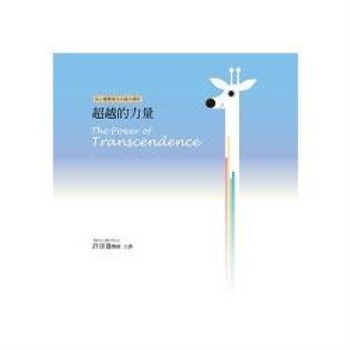For many countries, primarily in the Global South, extractivism - the exploiting and exporting of natural resources - is big business. For those exporting countries, natural resource rents create hope and promise for development which can be a seductive force. This book explores the depth of extractivism in economies around the world. The contributions to this book investigate the connection between the political economy of extractivism and its impact on the sociopolitical fabric of natural resource exporting societies in Asia, Africa, Latin America, and Eastern Europe.
The book engages with a comparative perspective on the persistence of extractivism in these four different world regions. The book focuses on the formative power of rents and argues that rents are seductive. The individual contributions flesh out this seductive force of rents on different political scales and how this seduction affects a variety of actors. The book investigates how these actors react to the prevalence of rent, how they align or break with specific political and economic strategies, and how myths of resource-driven development play out on the ground. The book, therefore, underlines that rent theory bridges current debates in different area communities and offers fresh insights into extractivist societies’ social, economic, and political dynamics.
This book will be of significant interest to readers in political economy, political science, development studies, and area studies.












